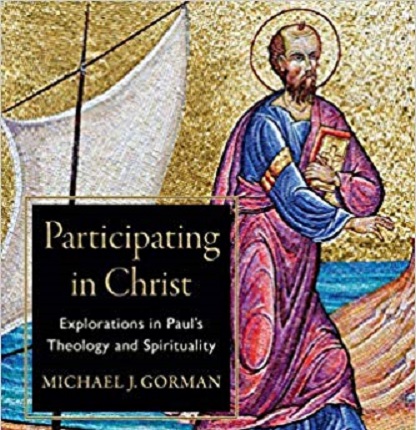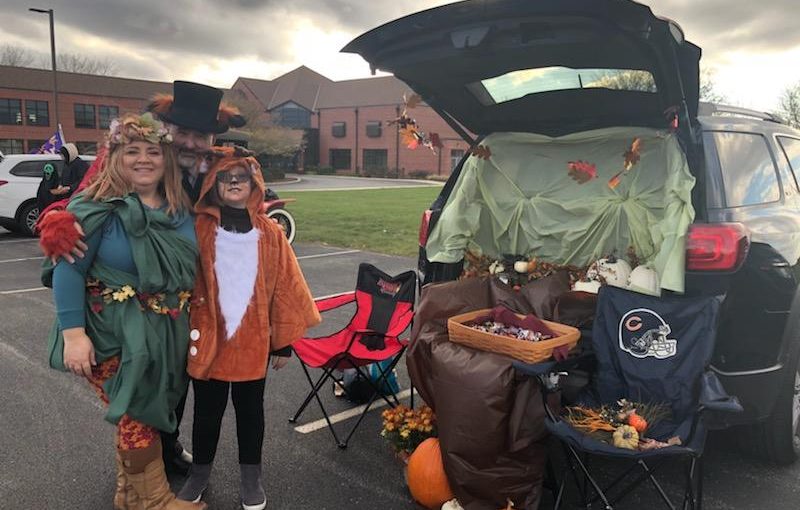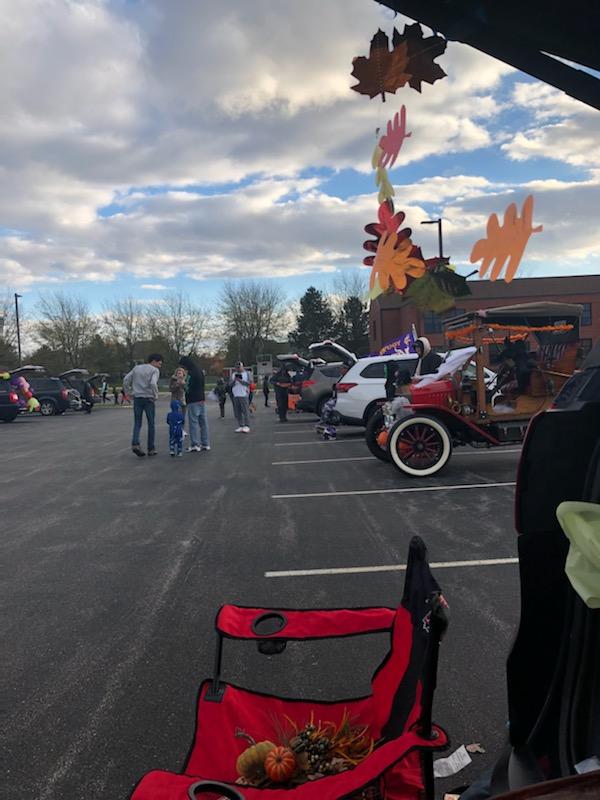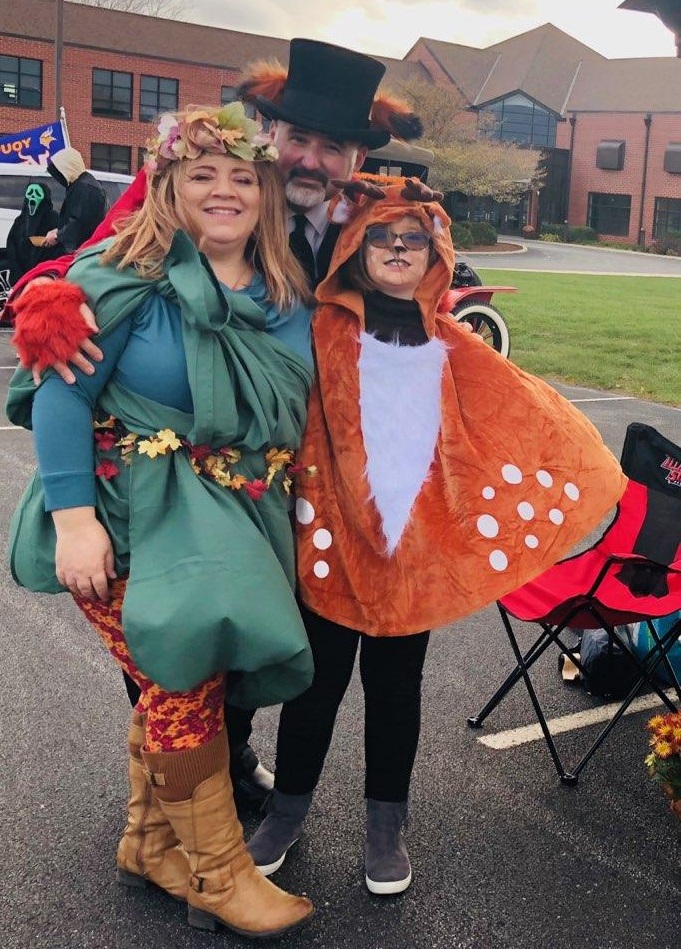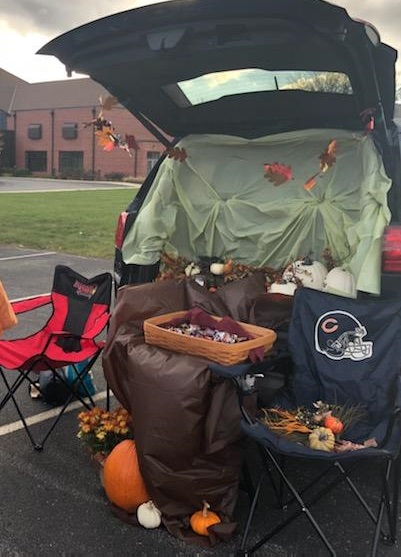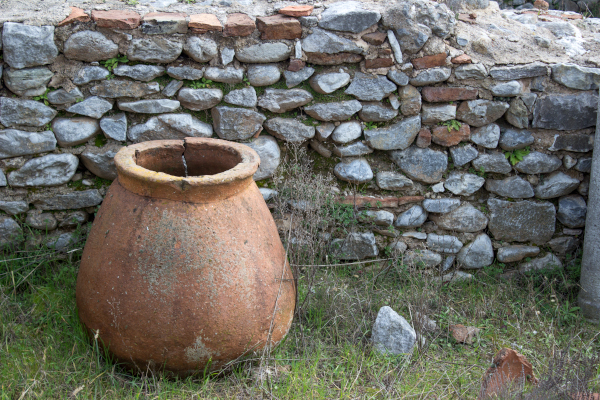Come share a good meal and conversations that help shape our ministry.
Next meal will be at noon on November 3 at First Baptist Church.
No cost – childcare provided, limited seating so please RSVP.
You’re invited to a time of conversation around a simple meal at First Baptist Church, hosted by Pastor Brian and Gabrielle and the Family Care team.
God is always at work in this church, inviting us further into the mission in each new season of ministry. In order to be faithful and effective in that calling, we need to remember our unique history and values as a community, recognize the gifts and insights that God has given our whole church family, and respond to the needs and opportunities God has positioned us for.
A key part of that remembering our history and recognizing what people are seeing is taking the time to hear from one another.
Which brings us to a series of meals held weekly at noon beginning on October 20 and projected to go until November 24. We’ll spend about an hour eating and sharing together.
We’ll be asking participants to share:
- Where have you seen or experienced FBC most living out its values and calling?
- What opportunities or needs are you aware of in the wider community?
- What feedback do we need to hear to be more effective in our ministry?
The meals will be simple; soup and bread and dessert, and there will be no cost. Childcare will be provided. Each meal is limited to 10 people at a time, so reservations are necessary unless we have an open spot that Sunday. Please contact the church office at: Jania@fbcblm.org or brian@fbcblm.org or use the sign up sheet on the welcome desk.
Vegetarian and gluten-free options will be available upon request.


